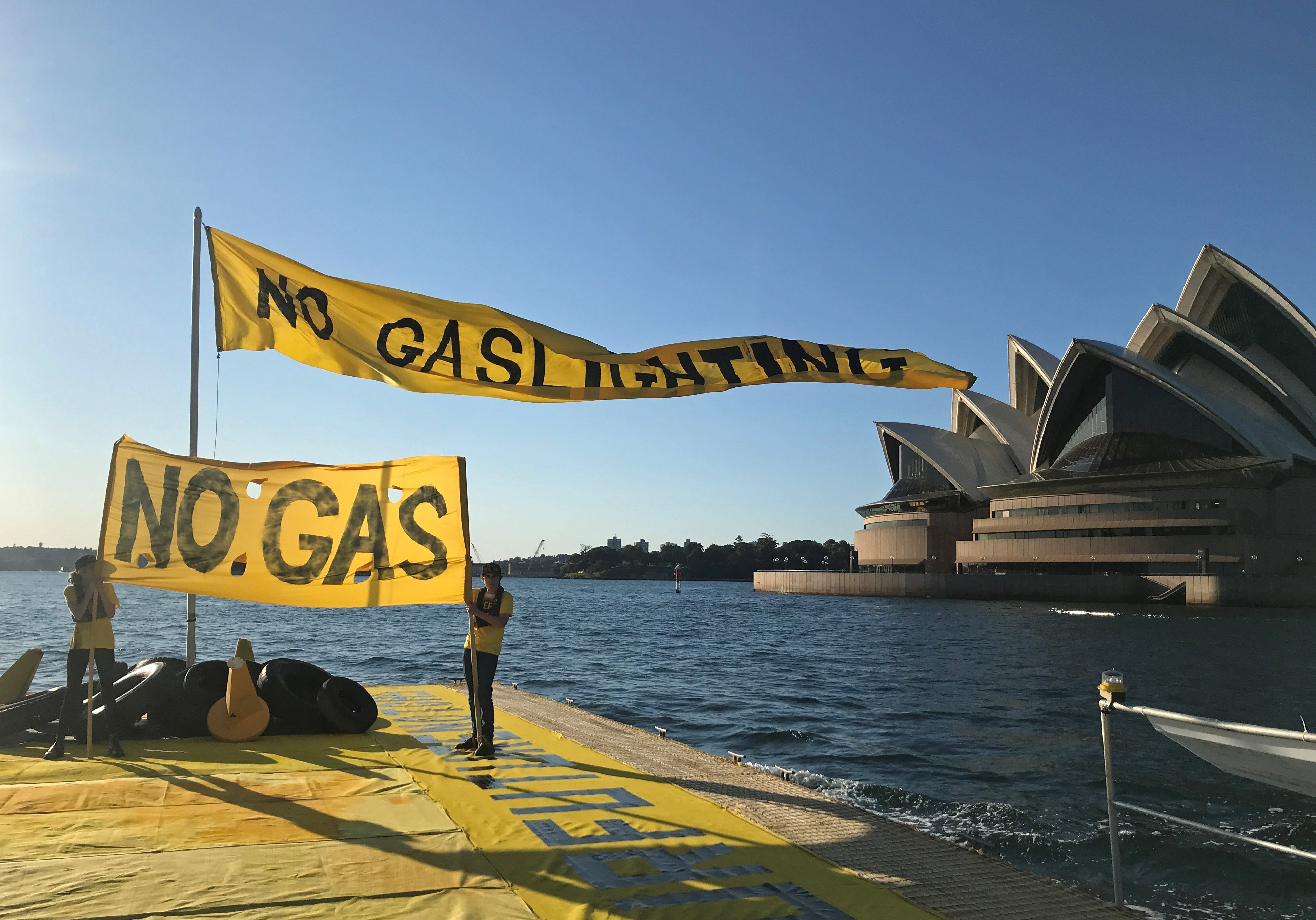This website uses cookies so that we can provide you with the best user experience possible. Cookie information is stored in your browser and performs functions such as recognising you when you return to our website and helping our team to understand which sections of the website you find most interesting and useful.

A controversial new gas project in Australia has been given final approval by the New South Wales government despite fierce opposition on environmental grounds.
The decision will allow energy firm Santos to build 850 gas wells near Narrabri in the state's north.
It comes after Australia’s prime minister Scott Morisson promised a “gas-led recovery” to refire Australia’s economy following the Coronavirus pandemic.
Earlier this month, Mr Morrison said there was “no credible energy transition plan for an economy like Australia that does not involve the greater use of gas”.
Scientists have warned investment in fossil fuels goes directly against Australia’s emissions goals.
Following a consultation on the gas project, of more than 23,000 public submissions filed, 95 per cent opposed the 25-year scheme.
But despite the scale of the opposition, the NSW independent planning commission granted “phased approval” to the A$3.6bn (£2bn) project, saying construction of the gas facility was “in the public interest” and “any negative impacts can be effectively mitigated with strict conditions”.
The approval conditions will apply for each of four phases of the project, which are appraisal, construction, production and finally rehabilitation of the 95,000 hectare site.
Santos chief executive Kevin Gallagher said the company accepted the conditions and welcomed the verdict as a “green light... turbo-charging regional development and delivering more competitive energy prices”.
Scientists estimate the project would release about five million tonnes of greenhouse gases each year, the BBC reports.
It will also be largely built in forest known to be home to a koala population.
In addition to the concerns over emissions, local farmers have also opposed the plans due to concerns over groundwater supplies in an area already affected by regular droughts.
The project will extract 37.5 billion litres of water from the ground over two decades, the plans state.



 Africana55 Radio
Africana55 Radio 
